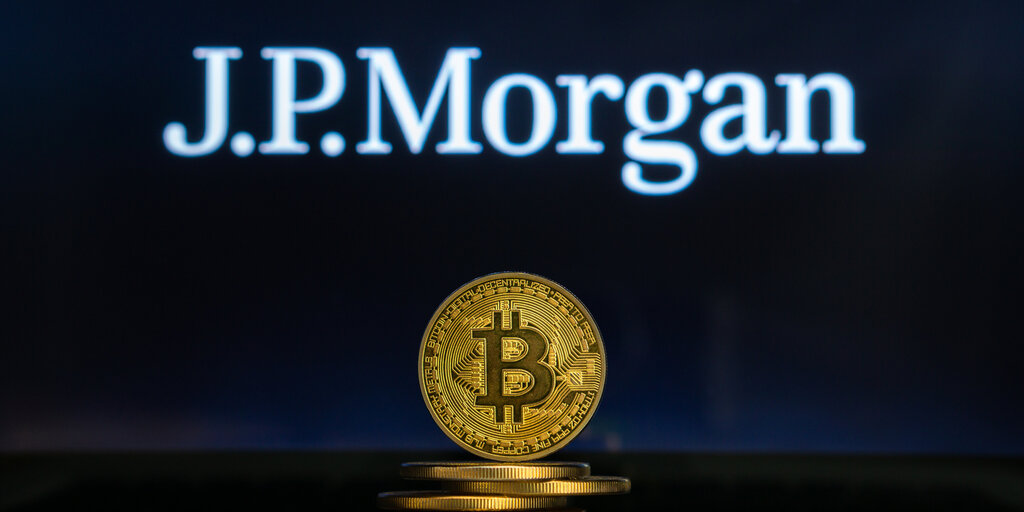ZKasino is back on the scene with promises of returning investor funds, but there’s plenty of skepticism.


ZKasino, a DeFi platform recently embroiled in controversy, announced that it would return stolen funds to investors at a 1:1 ratio.
The platform, which was recently accused by Dutch authorities of stealing $30 million in user deposits, announced in a blog post on May 28 that investors could recover their Ethereum (ETH) through a newly introduced ‘two-step backbridge process’. It was revealed.
The announcement comes after a 26-year-old Dutch man linked to ZKasino was arrested on charges of fraud, embezzlement and money laundering in early May. This man is said to be behind the ZKasino Developer
Dutch authorities seized €11.4 million worth of assets, including real estate, luxury cars and various cryptocurrencies.
Skepticism still high
Despite ZKasino’s refund promise, investor confidence remains low. The lack of direct communication with Dutch authorities and the sudden refund offer have raised several doubts in the community.
Most importantly, the platform gave investors a 72-hour window to register for the refund process. Skeptics argue that this short period may result in many people not getting their deposits back and that it could be yet another scam to drain people’s wallets.
The platform’s blog post made no mention of staking rewards earned from user deposits. On-chain records show that after the Bridge-to-Earn program ended, ZKasino converted investors’ ETH to Lido’s Wrapped Staked Ether.
The current Lido staking yield is 3.3% and given the recent ETH price rally, the staking rewards generated are estimated to be over $100,000.
Several community members have questioned why the platform requires Ethereum to go through a different process instead of just returning it.
Others have questioned the veracity of the blog and related social media posts, asking how Derivatives Monke tweeted about his jail-release refund.
Zkasino Scam
ZKasino’s troubles began in March when the platform launched a “Bridge-to-Earn” program that promised rewards for temporarily locking up ETH.
But when the April redemption period arrived, ZKasino withheld about $30 million in deposits, leading to allegations of fraudulent activity from both investors and Dutch authorities.
ZKasino claims to operate legally, but legal issues, investor skepticism, and recent refund announcements leave many questions unanswered.
As the 72-hour deadline approaches, the cryptocurrency community is closely monitoring whether ZKasino will keep its promise or whether additional issues will arise.



